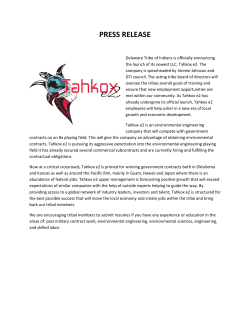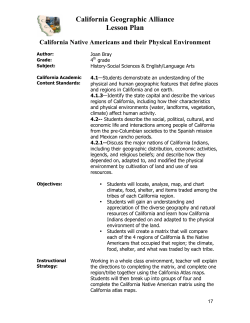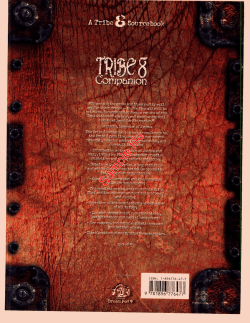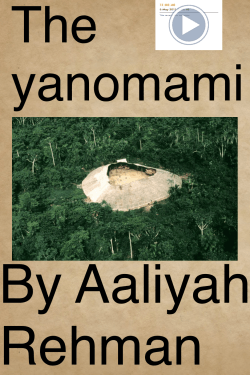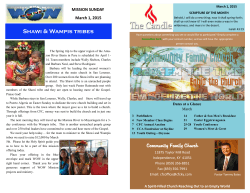
- Kew Gardens Synagogue
פרשת ויחי ועתה שני בניך הנולדים לך בארץ מצרים עד באי אליך מצרימה לי הם; אפרים ומנשה כראובן ושמעון ) (פרק מח' ה.יהיו לי (Yaakov tells Yosef:) And now, your two sons who were born to you in the land of Egypt before my coming to you in Egypt shall be mine; Ephraim and Menashe shall be mine like Reuven and Shimon. The editors of Artscroll’s Stone Edition Chumash clearly and concisely explain the essence of Yaakov’s objective and are worth citing. Based on .בבא בתרא קכא, “All agree that as a result of Yaakov’s gift, each of the two tribes (Ephraim and Menashe) would have the title of a separate tribe, have its own banner/flag in the Wilderness, and cast separate lots to determine the location of their respective portions of the Land, i.e. who would live in the plains or mountains, north or south and so on.” However, “ חז"לdisagree on whether or not the new status of (the two tribes) had any bearing on how much land they would receive in ארץ ישראל. These views are expressed by Rashi and Ramban in their respective commentaries…According to Rashi, although ארץ ישראלwould be divided into twelve portions, these territories would not be of equal size. Rather, the size of a tribe’s portion depended on its population, with each eligible Jew receiving an equal portion of the Land, so that for example, a tribe of 80,000 would receive twice as much as a tribe of 40,000. Thus, Yosef’s offspring would receive the same amount of land whether they were one tribe or two, and in terms of their portion of the Land, lots would be drawn only to determine where they would be. According to Ramban, all twelve tribes received equal portions, which were then subdivided among its members. Consequently, large and small tribes had equal shares, but the individual member of a large tribe would receive less than his cousin of a small tribe. Thus, the combined tribes of Yosef received a double portion of land, since Menashe and Ephraim each received portions the same size as those of the other tribes.” The Rishonim are bothered with how Yaakov justified his decision. Rashbam says that Yaakov felt, “Since HKBH gave to me ארץ כנען, I have the right to divide it anyway I want to; I can have you take a double portion by proclaiming you as my בכורand making Ephraim and Menashe on par with Reuven and Shimon.” Chizkuni, based on .בבא בתרא קכג, believes that he did this as a show of appreciation for Yosef’s sustaining him and his entire family through the years of the hunger and their stay in Egypt. Also, this was a way of him declaring his special love for Yosef’s mother, Rochel.” The Meshech Chochma also takes up this issue but with a more impassioned approach. He believes that back in פרשת וישלח, when Hashem told Yaakov: ” ואת הארץ אשר נתתי לאברהם וליצחק לך אתננה ולזרעך אחריך אתן את הארץ/The land that I gave to Avraham and to Yitzchak, I will give to you; and to your offspring after you I will give the Land,” He was in effect prohibiting Yaakov from making any changes with the inheritance of the Land and this becomes especially difficult according to Ramban’s view, who, as stated earlier, feels that land was in fact taken away from the other sons and shifted to Yaakov’s grandsons! His answer is a wonderful example of how a Master Parshan approaches every word in the Torah as if it were its own ספר and how he weaves together תורה שבכתבwith esoteric מאמרי חז"לto create a deeper understanding of פשוטו של מקרא. He focuses on Yaakov’s word choice of לי...ועתה שני בניך הם/And now, your two sons…shall be mine. He could have said –והנהbehold, which would convey the same idea with the same sentiment. Rav Meir Simcha feels that Yaakov specifically chose ועתהto make a vital limitation in his proclamation and he bases this on a cryptic statement of ( חז"לalso) from .בבא בתרא קכב: “In the future (i.e. in the Messianic era), the Land of Israel will be divided among thirteen tribes.” As Rashbam and Tosafos explain, a pasuk in ' יחזקאל מחtells us that בימי המשיח, the tribe of Levi will receive its own portion, but Menashe and Ephraim will also only receive one portion between the two of them. (The Gemara then asks, “To whom will the thirteenth portion go? It exegetically derives that it will go the מלך המשיח.( That is why Yaakov carefully chose the word ועתה, so that even according to Ramban, he was not making any permanent changes in HKBH’s plan for the partitioning of ארץ ישראל. Finally, Rav Meir Simcha also uses this idea to explain why Yosef reacted so strongly when וישלח ... יעקב את ימינו וישת על ראש אפרים והוא הצעיר ואת שמאלו על ראש מנשה/(And) Yaakov extended his right hand and laid it on Ephraim’s head though he was younger and his left hand on Menashe’s head… by forcefully telling his father, " כי זה הבכור,לא כן אבי/Not so father, for (Menashe) is the first born!” but does not react at all when in our pasuk, Yaakov mentions Ephraim before Menashe. Our pasuk is dealing with the inheritance of the land-Yosef knew that his sons received equal portions. The order of the names did not change that. Later, however, when Yaakov switched his hands, Yosef understood that as a more concrete act of his “partiality” towards Ephraim and that is what Yosef was trying to mitigate. In the end though, Yaakov says, “ ידעתי,ידעתי בני/I know my son, I know…” He repeats the expression to imply that just as before, he intentionally mentioned Ephraim before Menashe, so too now, he is intentionally giving Ephraim the more powerful right-handed blessing. Sadly for Yosef, his father never seems to tell him precisely why that had to be. לזכר נשמת אבי מורי ישראל מנחם בן שלום ז"ל ולזכר נשמת הרב יהודה בן אברהם שמחה (קופרמן) זצ"ל
© Copyright 2025

